Winston Churchill’s pithy comment on Americans, that they can be counted on to do the right thing after exhausting all other options, applies in some measure to where the Supreme Court is heading in dealing with the case of Subrata Roy of the Sahara Group.
At a hearing yesterday (3 August), the bench headed by Justice TS Thakur, who will become the Chief Justice of India later this year, wondered aloud about two things; whether it should appoint a receiver for Sahara’s properties given that a group claiming Rs 1,85,000 crore in assets is unable to pay a meagre Rs 10,000 crore to set its chief free; and whether Subrata Roy is in jail “by choice.”
These are the right questions to ask and the answers should have been obvious, given the content of the orders and observations by securities regulator Sebi and the Supreme Court itself. In August 2012, the apex court asked two Sahara group companies to refund all money collected from investors, amounting to around Rs 24,000 crore at that point, to its investors - with the money to be routed through Sebi to ensure bona fide payments to genuine investors.
Three years later, Sahara has simply refused to pay, making up various excuses along they way - that the money is already repaid; that it is difficult to locate all its small investors; that it is difficult to raise so much money at one go, and so on. These are likely to be red herrings, and the real clues lie in the Sebi order of June 2011 - where it found several investors to be fictitious - and Supreme Court’s own final judgment, where too it smelt the odour of benami investors.
When you suspect that many of Sahara’s investors may not exist, the first thing to do is to appoint a receiver so that you can probe real ownership and protect the assets from being transferred clandestinely. Instead, when faced with Subrata Roy’s recalcitrance, the court finally sent him to jail in March 2014 - and is now stuck with a prisoner who it does not know what to do with.
Subrata Roy’s inability - or unwillingness - to sell his properties and stay in jail is a pointer to two possibilities: that the properties Sahara allegedly owns may not be its own in reality; and trying to sell them may pose more dangers to him than staying in jail. If some of the properties are indeed found to be benami, it follows that you can’t sell them. The “real” undisclosed owner will be miffed if you sell his property to get out of jail.
The Supreme Court has two problems on its hand: it cannot hold a man in prison indefinitely if he refuses or chooses to avoid paying the bail amount demanded (Rs 10,000 crore); secondly, it has to find a way to get an unwilling Sahara group to pay Sebi the money allegedly owed to investors as per its own judgment dated 31 August 2012.
The money owed to Sebi has now bloated beyond Rs 36,000 crore, with accumulating interest, and keeping Roy in prison means every additional day of refusal to pay costs him over Rs 10 crore. And that is a conservative estimate. No sane man with assets of Rs 1,85,000 crore will let his liabilities bloat by Rs 10 crore a day unless he has no intention of paying up - or is faced with some other compulsion he can’t talk about.
The only logical way out of this quagmire of rising dues, a prisoner happy to remain in prison rather than pay up, and a Supreme Court worried about keeping a man endlessly in prison is to appoint a receiver for all of Sahara’s properties. This will ensure safety of the collateral, save Roy from his benamdars, if any, and allow the court to recover dues from property.
Another obvious thing the Supreme Court failed to do was to ask its own Special investigation Team to ferret out black money to look into the Sahara Group. This is like ignoring the elephant in the room while chasing cockroaches elsewhere.
It is time to both appoint a receiver for properties and to ask SIT to sniff around Sahara’s properties to find out who their real beneficial owners. The Supreme Court, having exhausted all other options, is finally left with only one choice of action: the right one.


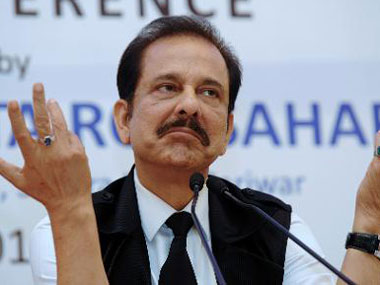)




)
)
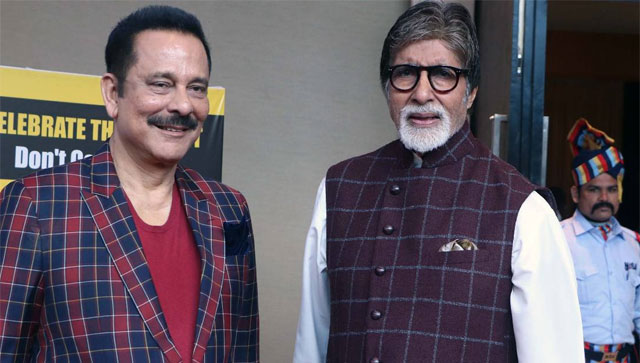)
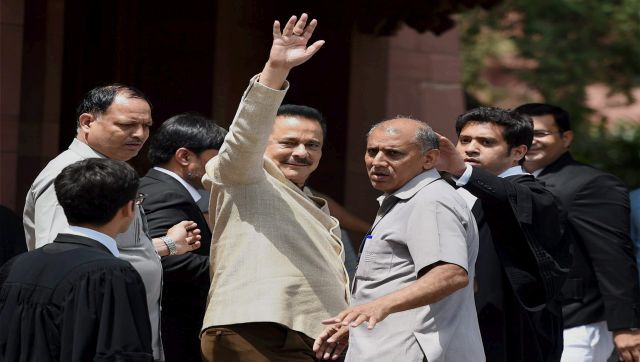)
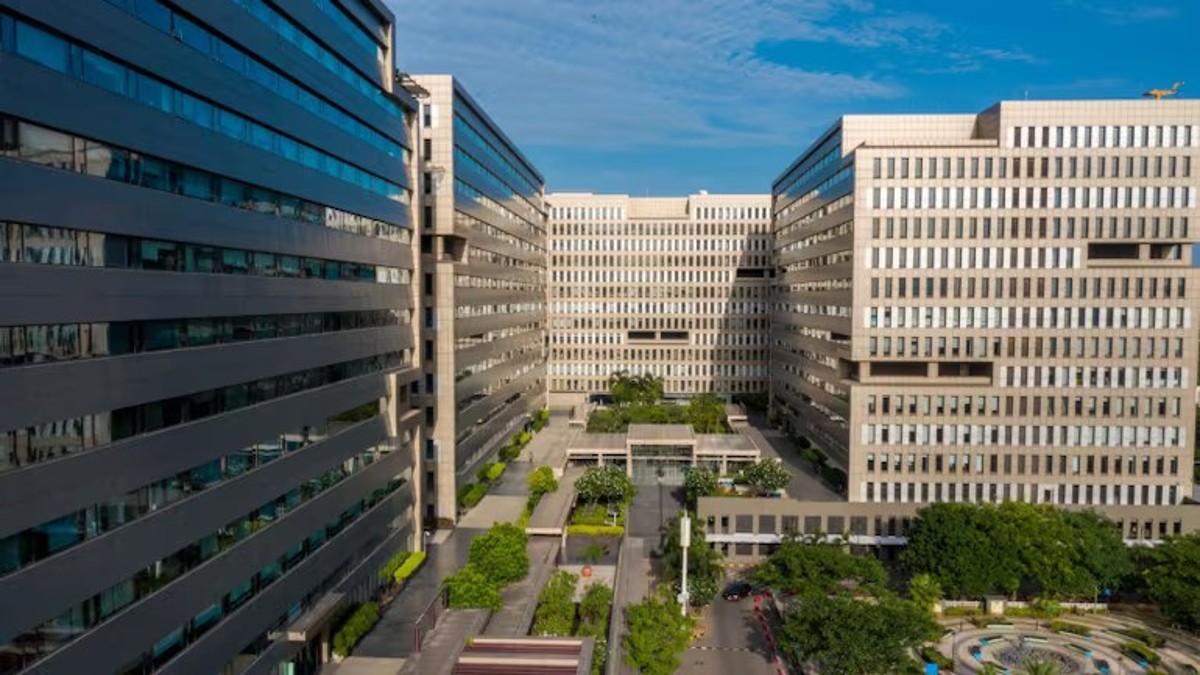)
)
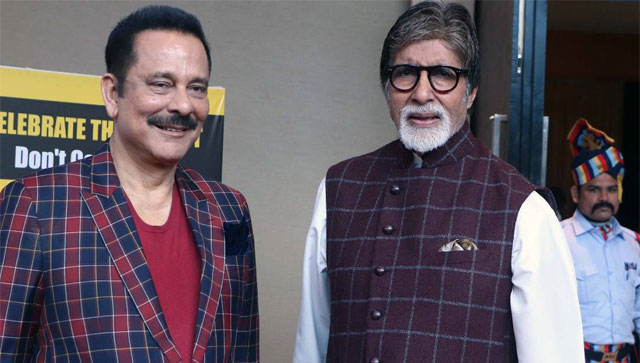)
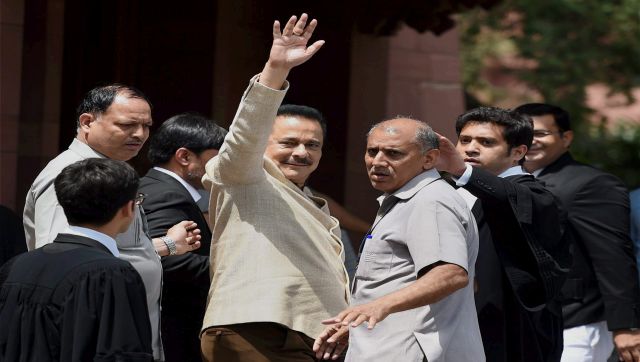)